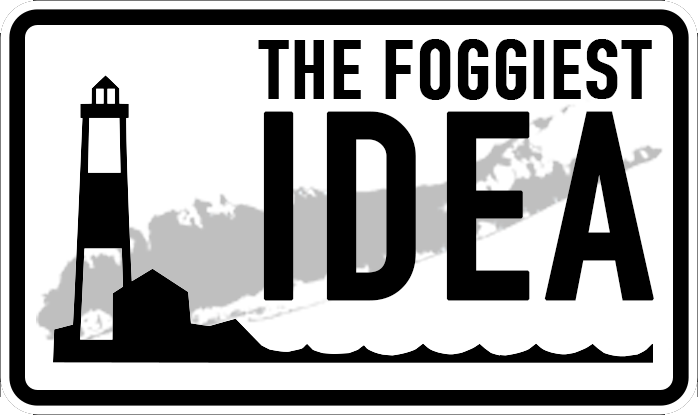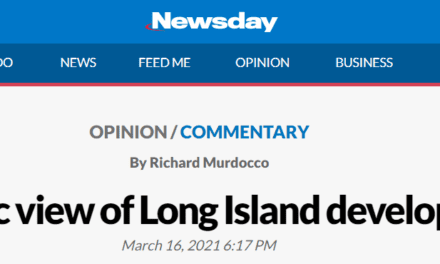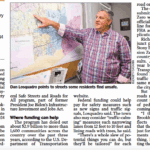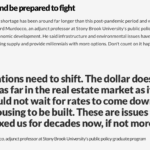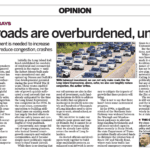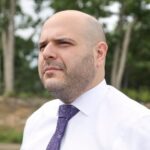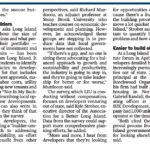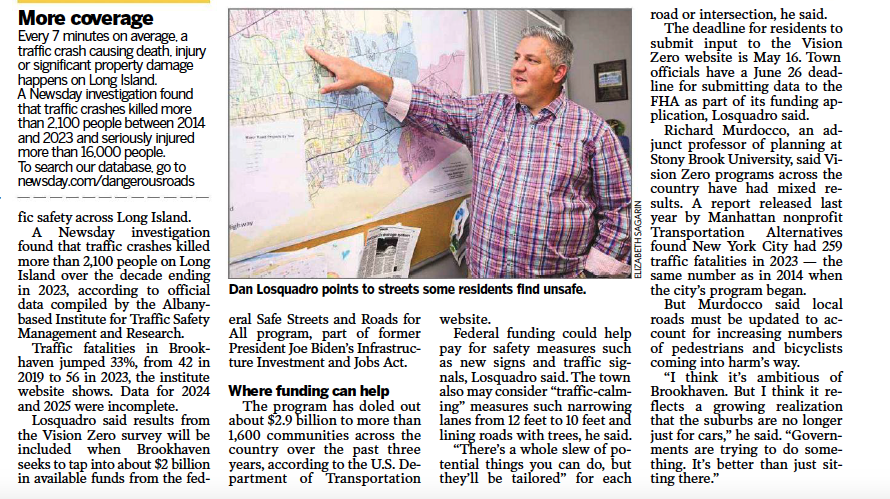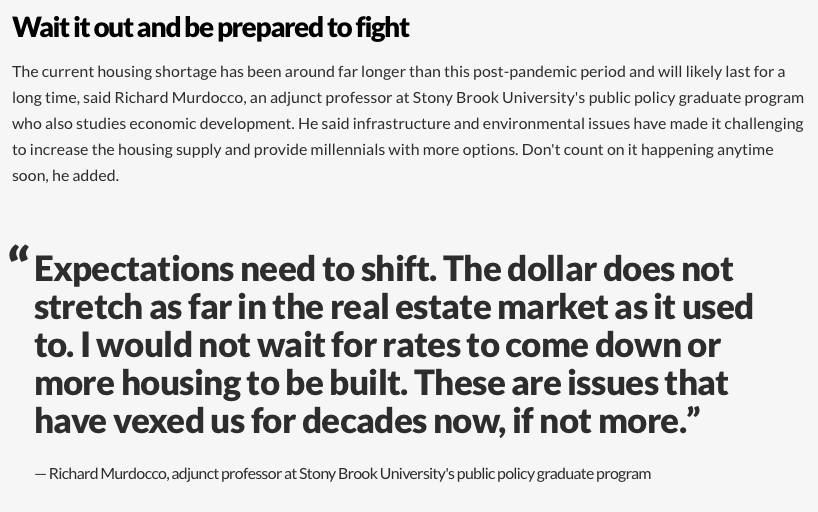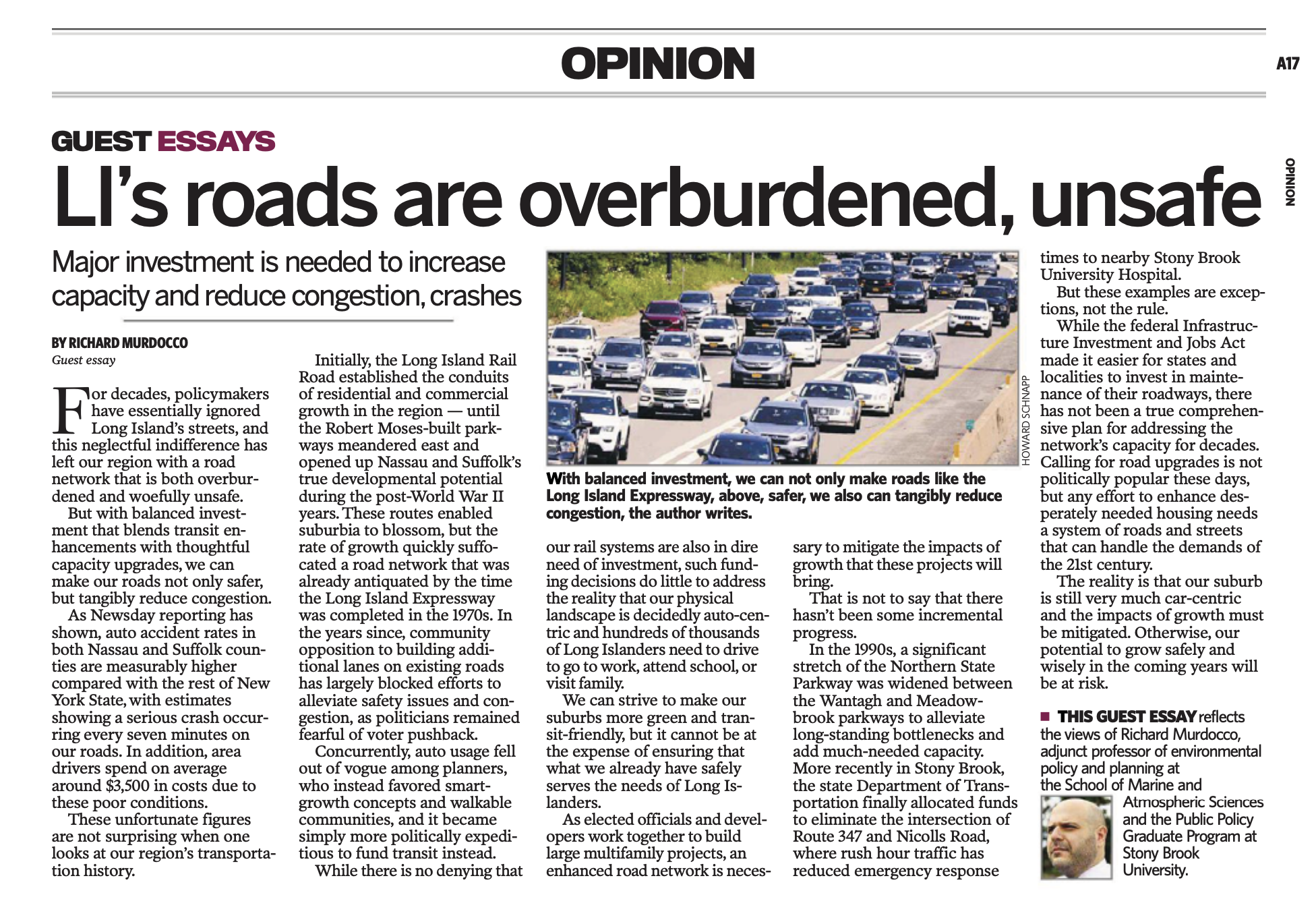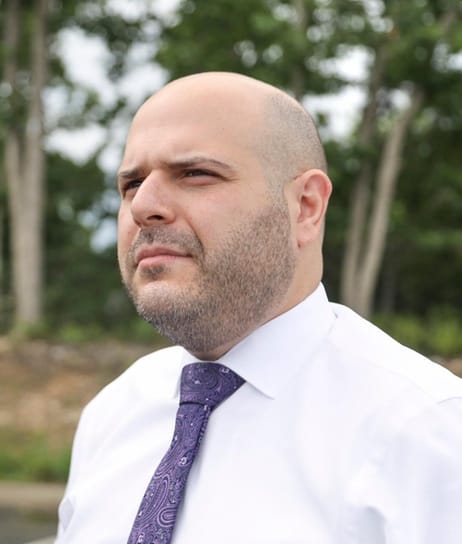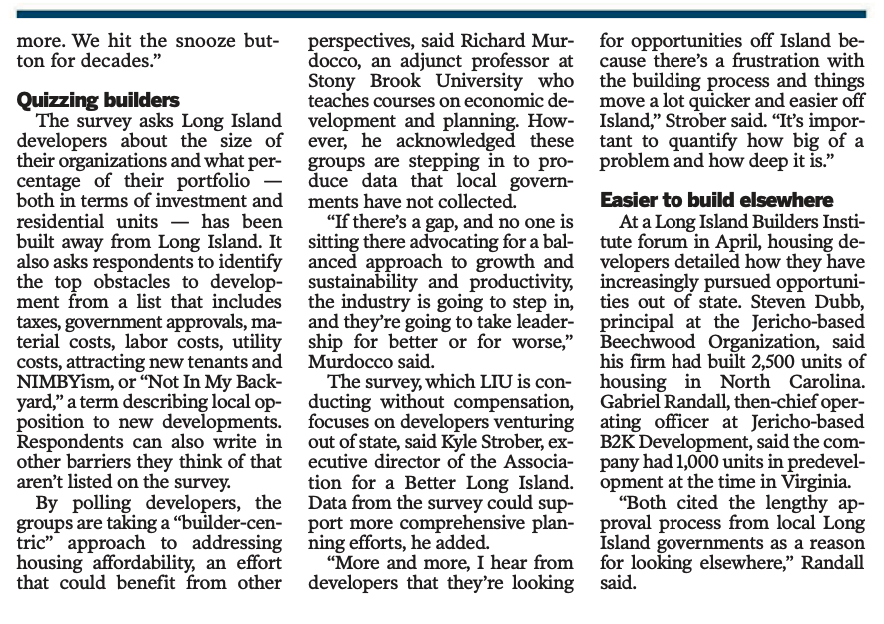The mission of my writing is to inform the public about the principles of good planning and design on Long Island. Good planning means that plans are based on the best available data-based science and that true community/public participation occurs throughout the whole process. – The Foggiest Idea Mission Statement.
In 1978, Newsday stated that Long Island is at a crossroads, but the same can be said today. The choices the public and elected officials made since then have impacted Long Island, for better and for worse. Since that series ran, the public (in Suffolk) has voted to increase their own taxes in order to create the Suffolk County Drinking Water Protection Program, voted to protect massive quantities of open space in Hydrogeologic Zone III (the preservation of the Pine Barrens) by utilizing the concept of Transfer of Development Rights (TDRs), supported the creation of sewers, either supported or opposed the creation of Planned Development Districts that mix land uses, have supported/opposed cluster developments in a 30/70 ratio and out on the east end, have created a Community Preservation Fund that ensures future land purchases will be funded through a real estate transfer tax.
There are still serious issues that Long Island has to grapple with, and numerous stakeholders and groups will rattle them off: Deteriorating downtowns! The youth is running to the hills! Environmental regulations are strangling business! Long Island is in decline!
#ThinkRegionally is all about stopping the hysterics, taking a deep breath, and thinking.
All of these above factors contribute to current conditions in which planning takes place on Long Island, but the scope must go beyond the villages, townships and counties. Long Island’s future is tied to New York City, whose future is hinged upon policy in Connecticut and New Jersey.
#ThinkRegionally is a concept that invokes the spirit of the Long Island Regional Planning Board. It aspires to think beyond the election cycle and local districts and think about development on Long Island from a broader scale. It will look at development from the Queens-Midtown Tunnel to the west, to Montauk and Orient Points in the east. Communities and local Town Boards should only accept proposals that evoke strict adherence to planning standards for subdivisions and commercial and industrial developments. #ThinkRegionally is an approach that advocates for a thoughtful and academic approach to planning for Long Island’s future. At the heart of the movement is the planning process- outlined below:
As Dr. Koppelman has said:
““Normal, comprehensive planning, community planning, per-se, which requires vision, does not necessarily require science. However as soon as the planners are moving into the area of ‘environment’, I don’t care what the environmental study is, whether it’s preservation of the Pine Barrens, preservation of an estuary, preservation of a river corridor, it has to be based on the best possible science available.”[1]
Since Long Island’s environment is it’s economy, the concept of comprehensive and community planning is forever connected to environmental planning as well. With this being the case, #ThinkRegionally will also highlight environmental planning that is based upon the best possible science available at the time.
Planning is the reconciliation between the Social, Economic and Environmental forces of a region. On Long Island, the goal of #ThinkRegionally is to show the public that it is possible, through a disciplined and academic approach, to keeping all three of those forces in harmony.
#ThinkRegionally will be a hash tag on Twitter @TheFoggiestIdea on efforts, proposals and projects that embody these values. For the Foggiest Idea in coming months, there will be a diverse set of guest writers that have unique backgrounds and perspectives on the problems faced by planners on Long Island. These guest writers will highlight different perspectives from across the region. All will focus on planning and policy challenges faced by Long Island, and the tri-state area.
If you are interested in contributing to The Foggiest Idea, please email Rich.Murdocco@gmail.com with your planning and policy experience, and a brief summary on what you’d like to write about.
[1] The Long Island Pine Barrens TV Show: Carmans River Implementation, April 2011, Interview with Dr. Lee Koppelman and Kevin McDonald.
